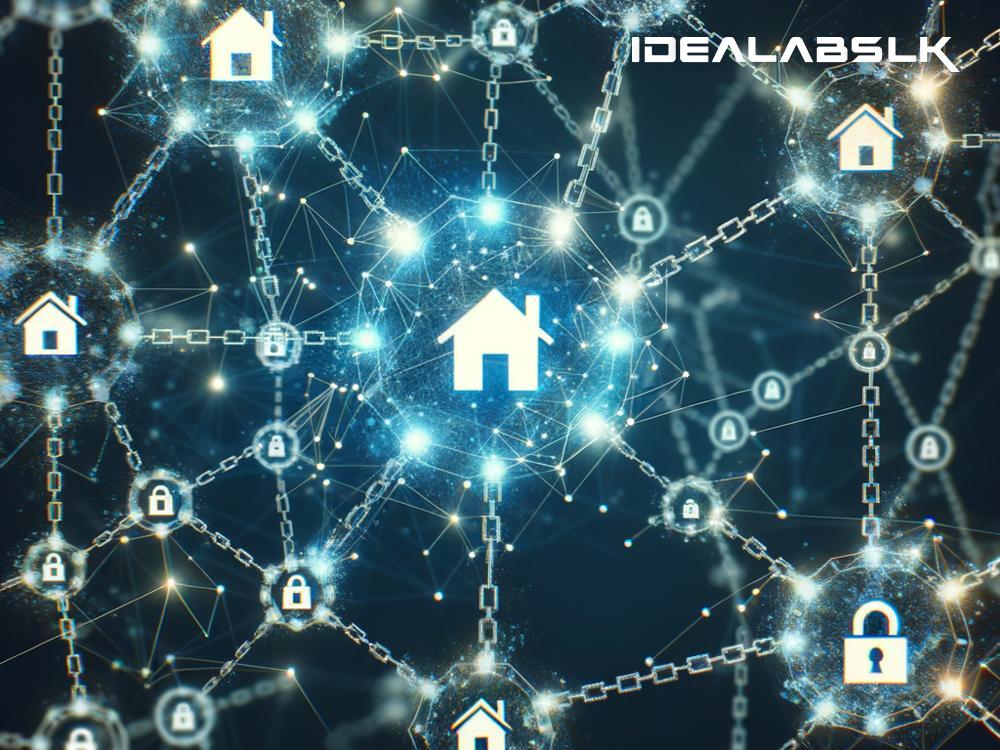Blockchain in Real Estate: Simplifying Property Registration with Distributed Ledgers
The world of real estate is on the brink of a technological revolution that promises to simplify the traditionally complex process of property registration. This revolution is powered by blockchain technology, a term you may have heard in relation to cryptocurrencies like Bitcoin. However, blockchain's potential extends far beyond digital currencies, offering innovative solutions to various sectors, including real estate. Here, we’ll explore how blockchain and distributed ledgers are paving the way for more accessible, transparent, and secure property registration processes.
Understanding Blockchain and Distributed Ledgers
Before diving into its application in real estate, let's briefly demystify blockchain technology and distributed ledgers. At its core, a blockchain is a type of distributed ledger, a digital platform for recording transactions across multiple computers in a way that ensures security, transparency, and immutability. This means that once a record is added to the chain, it cannot be altered or deleted, providing an indelible and transparent record of all transactions. This feature is crucial for building trust in business transactions, including property registration.
Revolutionizing Property Registration with Blockchain
Traditionally, property registration is a paperwork-intensive and time-consuming process, involving multiple stakeholders, including governments, banks, real estate developers, buyers, and sellers. This complexity can lead to inefficiencies, errors, and fraud. Blockchain technology, with its distributed ledger, presents an elegant solution to these challenges, offering several key benefits:
Transparency and Security
Blockchain ensures that all transactions, once recorded on the ledger, are visible to all parties involved and cannot be tampered with. This transparency builds trust among parties and significantly reduces the potential for fraud in property transactions. For example, a prospective buyer can easily verify the ownership history of a property, ensuring that there are no undisclosed encumbrances.
Streamlined Processes
The use of smart contracts on blockchain platforms automates many of the processes involved in property registration. Smart contracts are self-executing contracts with the terms of the agreement directly written into lines of code. They automatically enforce and execute the terms of a contract when conditions are met. This automation can dramatically reduce the time and paperwork required for property registration, making the process more efficient and less prone to human error.
Reduced Costs
By streamlining administrative processes and cutting out middlemen, blockchain technology can reduce the costs associated with property registration. Traditional fees for legal, banking, and governmental services might significantly drop, making property ownership more accessible to a broader segment of the population.
Enhanced Access and Participation
Blockchain platforms can be accessed from anywhere in the world, provided there is an internet connection. This universal accessibility removes geographical barriers to property investment and registration, potentially democratizing property ownership and investment on a global scale.
Real-World Applications and Challenges
Countries and organizations around the globe are already experimenting with blockchain for real estate transactions. For instance, Sweden’s land registry authority tested a blockchain-based property registration system aiming to increase transparency and speed in property transactions. Similarly, the Republic of Georgia has implemented a blockchain system to secure property titles and encourage foreign investment.
Despite its potential, blockchain adoption in real estate faces challenges. Regulatory hurdles, the need for technological infrastructure, and resistance to change from established industry players are significant barriers. Moreover, concerns about data privacy and the environmental impact of blockchain technology (due to the energy-intensive process of mining cryptocurrencies) are issues that need addressing.
Looking Ahead: The Future of Real Estate Registration
Blockchain technology holds the promise of transforming the real estate sector by making property registration more accessible, transparent, secure, and efficient. While challenges exist, the potential benefits of blockchain for streamlining property transactions and enhancing trust in the real estate market are undeniable.
As we move forward, collaboration among technology developers, real estate professionals, and governments will be crucial in overcoming obstacles and realizing the full potential of blockchain in real estate. With continued innovation and regulatory support, the dream of a simplified, secure, and efficient property registration process may soon become a reality, benefitting buyers, sellers, and investors around the world.

